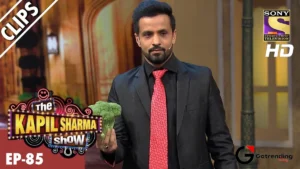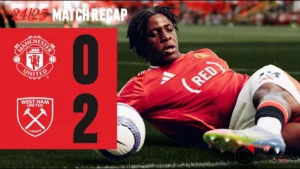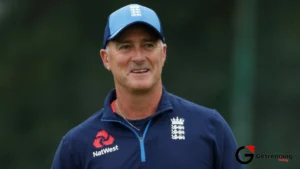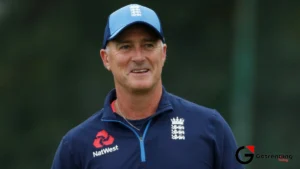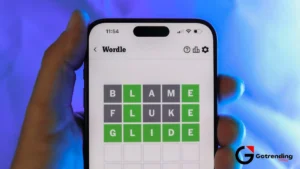The Unspoken Truth About the NEET PG Exam
Let’s just say the words out loud. NEET PG . Feel that? That little tightening in your chest, the flash of a thousand textbook pages, the phantom echo of a well-meaning uncle asking, “So, what are you specializing in?” It’s more than just an acronym for a medical entrance exam . It’s a password. A key. For many, it feels like the definitive judgment on five and a half years of relentless, soul-crushing, and yet somehow beautiful, medical education.
I’ve sat in late-night cafes, nursing a single coffee for hours, listening to friends who were deep in the trenches of their preparation. And I’ve realized something. We talk a lot about the syllabus and the coaching centers, but we rarely talk about the real stuff. The sheer psychological tonnage of it all. The feeling that you’re putting your entire future on the line for a single three-and-a-half-hour session. It’s a strange reality. While the world outside debates the nuances of history and the legacy of figures like Jawaharlal Nehru , your entire universe shrinks down to the Circle of Willis or the latest treatment protocol for myocardial infarction.
Beyond the Syllabus | The Real Game of NEET PG

Here’s a take that might be a little controversial. Success in the NEET PG isn’t just about knowing everything in the vast NEET PG syllabus . Of course, you need the knowledge base. That’s the entry ticket. But the real game? It’s played in the mind. It’s about pattern recognition. It’s about stamina. It’s about knowing which question to leave alone, a skill that feels like a superpower under that kind of pressure.
Think about it this way. Rote memorization will only get you so far. The exam has evolved. It’s designed to test your clinical application, your ability to connect dots between subjects. They don’t just want to know if you’ve memorized Harrison’s; they want to know if you can think like a doctor when presented with a confusing set of symptoms. It’s less about being a human encyclopedia and more about being a medical detective.
I’ve seen brilliant, top-of-their-class students stumble because they treated it like another university exam. And I’ve seen supposedly “average” students absolutely crush it. The difference? The second group understood the meta-game. They focused on high-yield topics, they relentlessly practiced MCQs to build their mental muscle, and they learned how to manage their time and anxiety on D-day. They knew that on exam day, you become a sort of accidental action hero, dodging negative marks and navigating clinical vignettes with the unexpected grit of a character played by Liam Neeson .
The Marathon | Decoding Your NEET PG Preparation
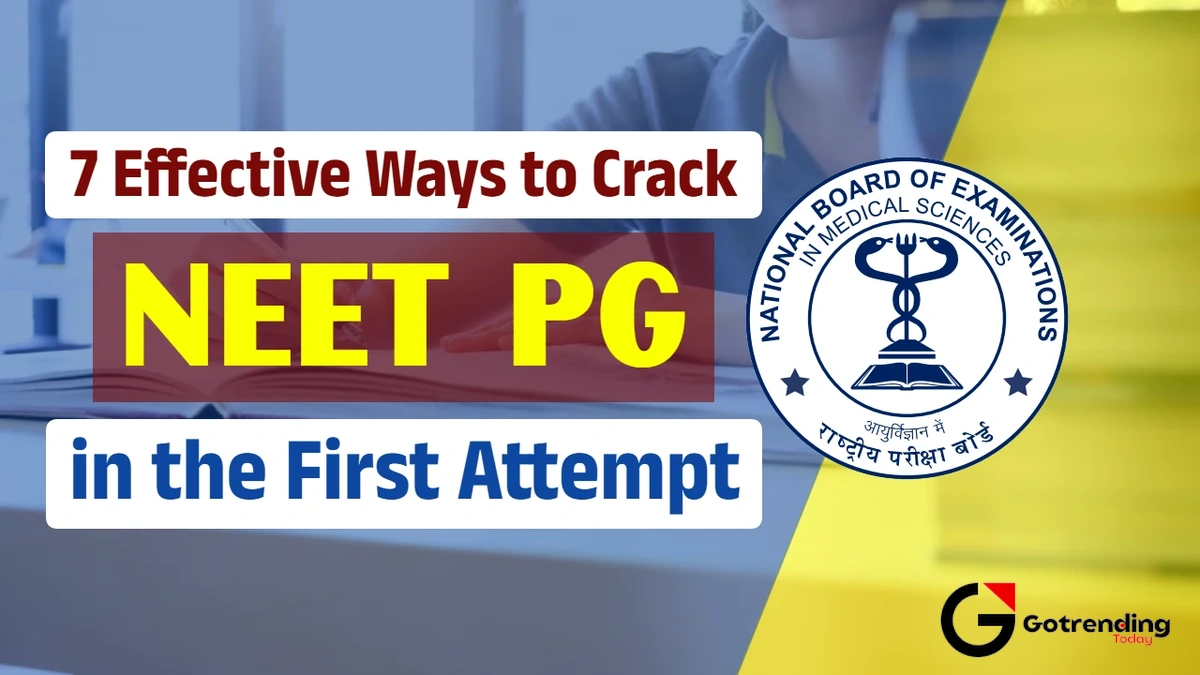
So, how do you prepare for a marathon that feels like a series of sprints? There is no one-size-fits-all answer, and anyone who tells you otherwise is probably selling you something. But there are principles. The first is acknowledging that this is a long haul. You will have good days and terrible days. Days when you feel like a genius and days when you question every life choice that led you here.
That’s normal. The key is consistency over intensity.
Your choice of study material matters, but not in the way you might think. It’s not about having twenty different resources for a single subject. It’s about choosing one or two good ones and sticking with them. Get to know them intimately. The real gold isn’t in the reading; it’s in the revision and the application. This is where question banks and Grand Tests (GTs) come in. They are not just for assessment. No, they are your sparring partners. They’re where you learn to manage time, where you identify your weaknesses, and most importantly where you build the resilience to sit still and focus for hours on end.
And for the love of everything, please take care of your mental health. The pressure associated with this exam is immense, and the medical community is only recently beginning to talk openly about the stress and burnout that students face. As research from the National Institutes of Health has shown, this isn’t just you; it’s a systemic issue. Scheduling breaks isn’t a sign of weakness; it’s a strategic necessity. A burnt-out mind can’t recall information, no matter how many times you’ve read it.
Rank vs. Reality | After the Score
And then, it’s over. The exam is done. The results come out. And a new kind of chaos begins: the NEET PG counselling process. This part of the journey is almost as stressful as the preparation itself. Your rank becomes your new identity, a number that dictates your options for the next three years of your life.
Here’s the thing about your rank: it’s important, but it doesn’t define your worth as a future doctor. It’s a gateway, not a final verdict. The obsession with “top” branches in “top” colleges can sometimes blind us to what really matters finding a specialty that you are genuinely passionate about, in a place where you will get good training.
I’ve talked to senior residents who chose a “less-in-demand” branch at a great institution over a “hot” branch at a mediocre one. They are, almost without exception, happier and better trained. The name of the branch might sound impressive at family gatherings for a year or two, but you are the one who has to live with that choice for the next 30 or 40 years. Your post-graduate medical journey is a residency, not a trophy. Choose the work you want to do, not the label you want to have.
The journey of NEET PG preparation is a crucible. It will test you, stretch you, and maybe even break you a little. But it also forges you. It teaches you discipline and resilience in a way few other experiences can. Remember that the person who emerges on the other side of this exam is not the same one who started. And that, in itself, is a victory.
Your Burning NEET PG Questions, Answered
Okay, honestly, how many hours a day do I really need to study?
There’s no magic number. I’ve seen toppers who studied a focused 8 hours and others who put in 12-14. The real metric isn’t hours clocked; it’s the quality and consistency of those hours. Studying for 6 focused, high-quality hours is infinitely better than 12 distracted hours with your phone buzzing every five minutes. The goal is to create a sustainable routine that you can stick with for months without burning out completely.
Is it better to focus on my weak subjects or just master my strong ones?
A bit of both, but with a strategic tilt. You can’t ignore your weak subjects they are often where you can make the biggest rank jumps. But don’t neglect your strengths either; that’s your guaranteed score base. A good strategy is to dedicate specific, regular time slots to your weakest areas to bring them up to a respectable level, while using revision to keep your strong subjects sharp and lightning-fast.
Everyone talks about Grand Tests (GTs). Are they really that important for the NEET PG exam?
Yes, but maybe not for the reason you think. Their primary purpose isn’t just to give you a score. It’s to build stamina, perfect your time management, and, most importantly, help you practice the art of sitting and thinking under pressure. Analyzing your GTs understanding why you got something wrong is more valuable than the score itself. It’s your best simulation of the real NEET PG exam day.
I’m feeling completely burnt out. Is it okay to take a break?
Not only is it okay, it’s essential. Think of yourself as an athlete. No athlete trains 7 days a week, 365 days a year. They build in rest and recovery. Taking a scheduled day or half-day off per week to do something completely unrelated to medicine isn’t laziness; it’s a strategic move to prevent a complete crash later. A rested brain learns and retains better.

